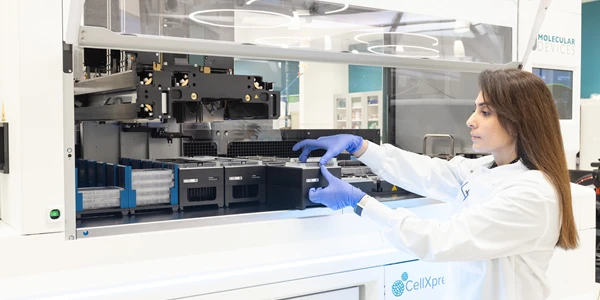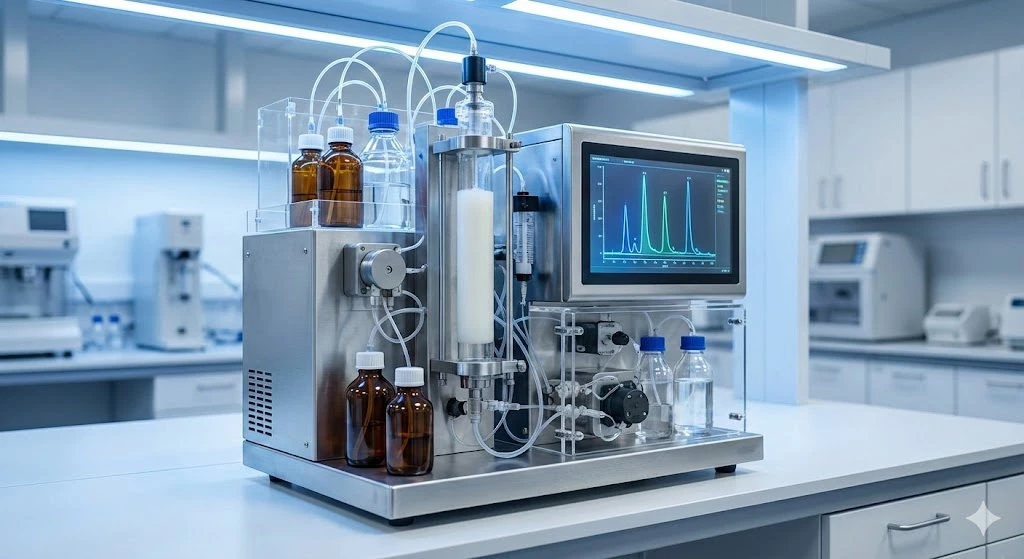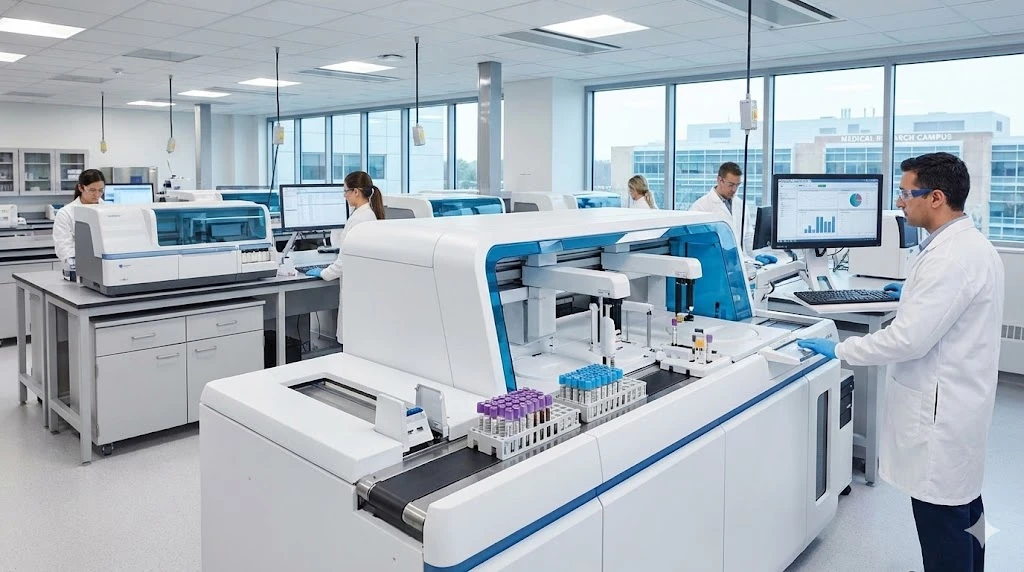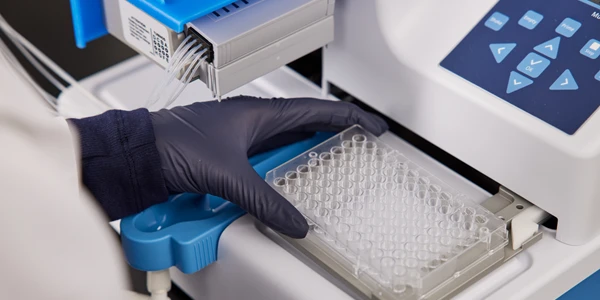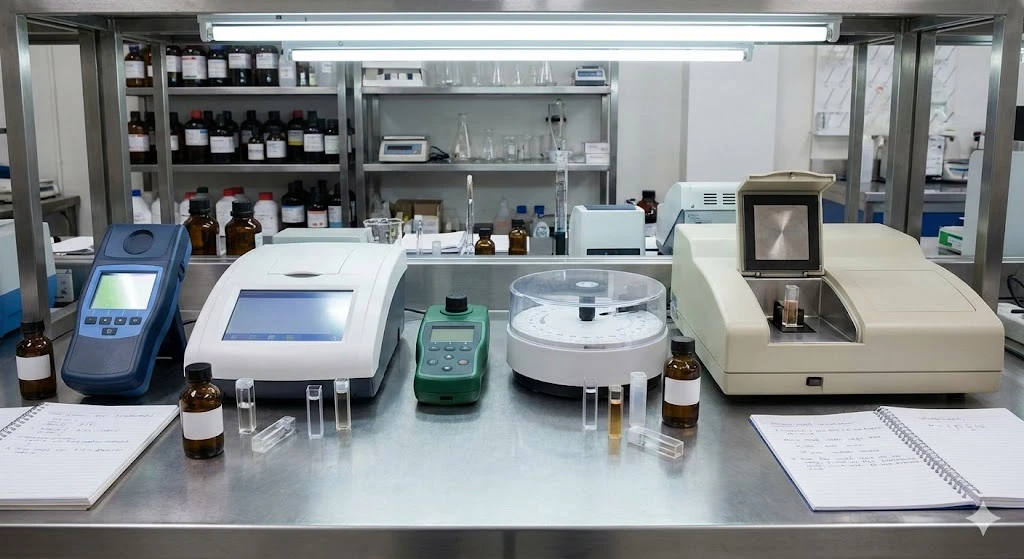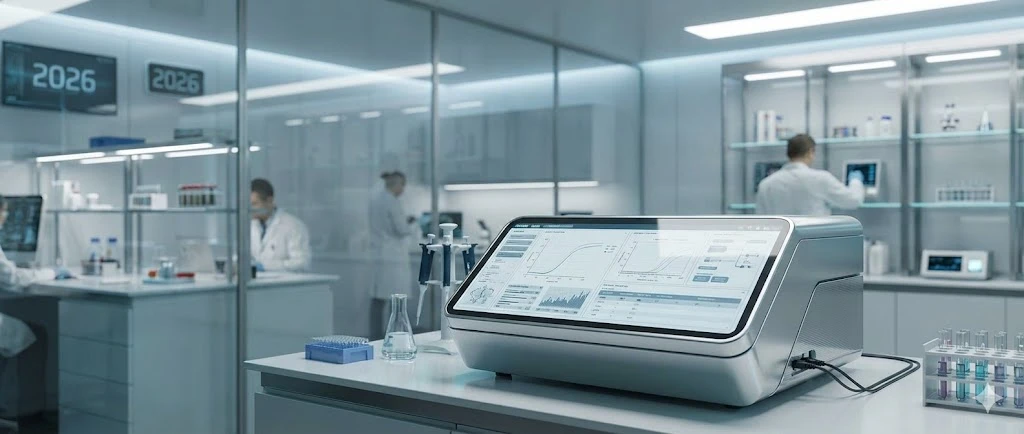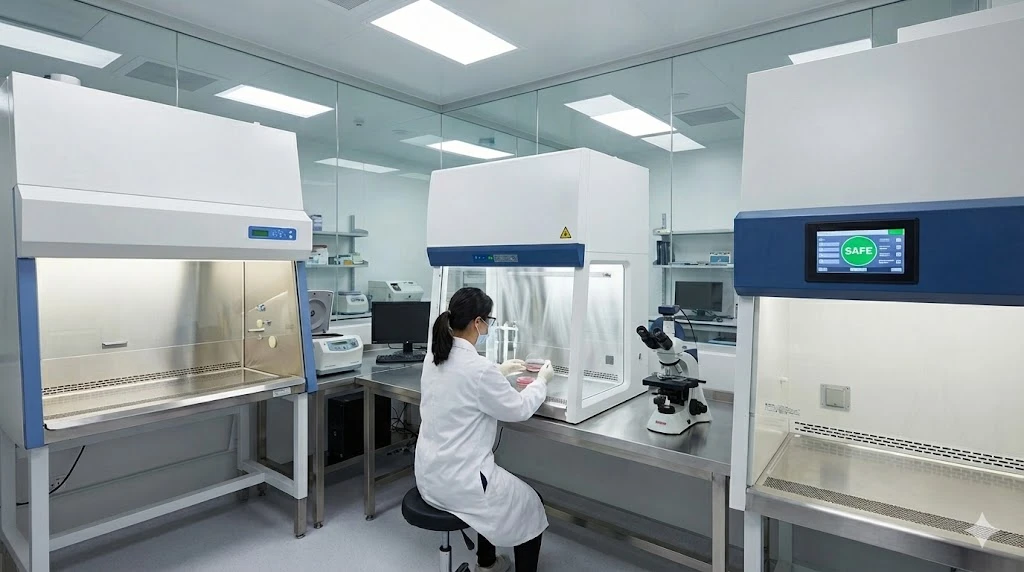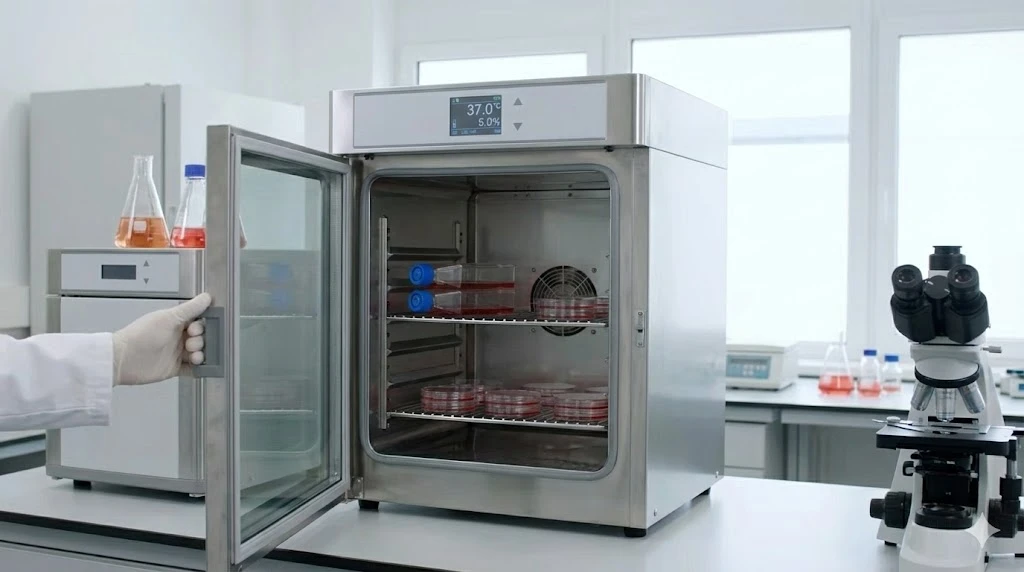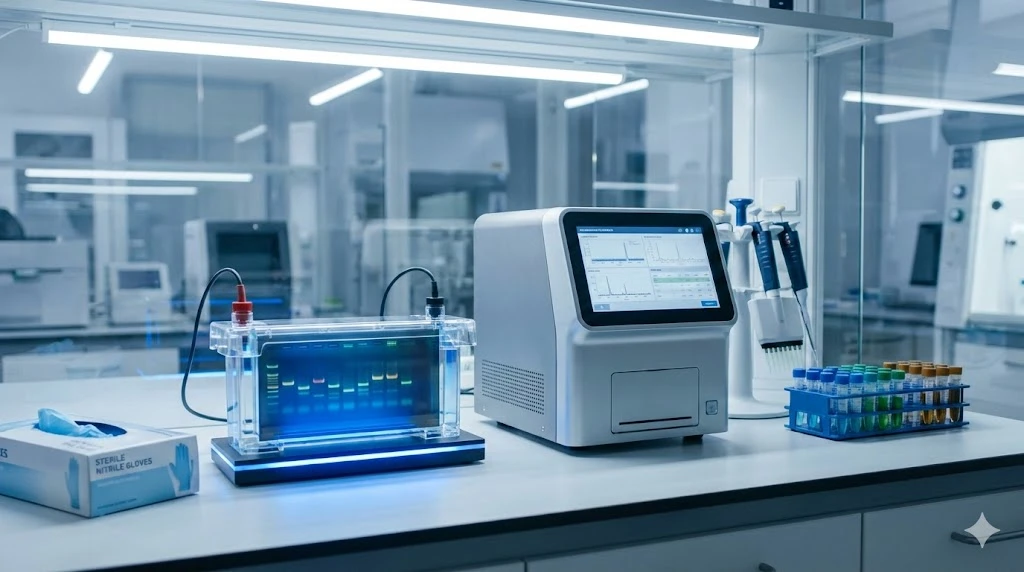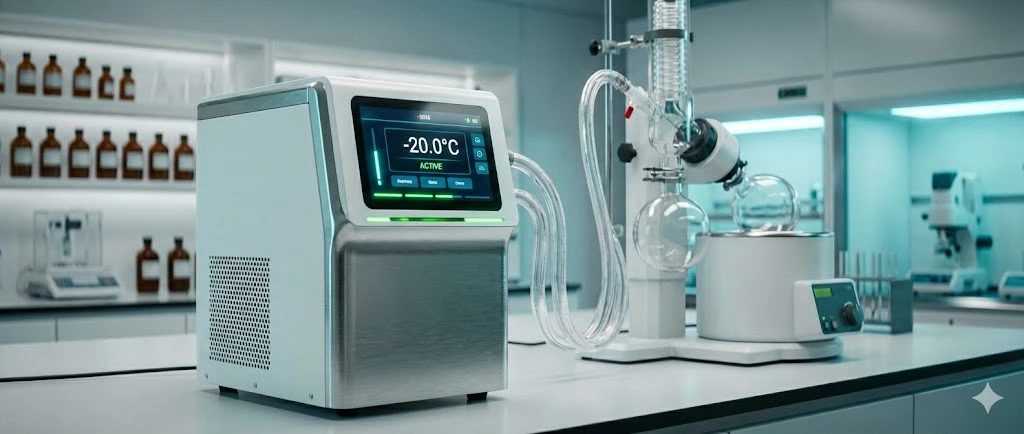10 Important Factors in Choosing a Dealer for New or Refurbished Mass Spectrometers
Whether expanding your laboratory operations, updating existing equipment, or perhaps just starting out, there are many aspects to consider when looking for mass spectrometers and analytical equipment in general. Along with the technical requirements of your work, the choice of dealer for these instruments is of paramount importance in securing not just the best device, but the best service, support, and other solutions as well. We boiled it down to 10 important factors to consider in selecting a dealer for your purchase.
1. Product Selection
As an intelligent shopper, you’ve done your research and have identified models and manufacturers that are a suitable fit for your needs. It is still definitely wise to consider different models and makes that combine your preferred features with advanced technology of which you may not be familiar. After all, research is a constantly changing world and it is smart to “future-proof” in order to adapt to changes in scale or applications. With this in mind, a dealer that offers a range of instrument platforms and models is the best bet.
You’ve homed in on a AB Sciex Triple Quad 5500 instrument because of it’s sensitivity, ability to handle complex matrices, and throughput capabilities. Perhaps another model catches your eye, the Sciex QTRAP 6500, which is based on the same platform and has patented IonDrive technology that enables increased signal-to-noise and sensitivity, while compatible with the flow rates and throughput you desire. Alternatively, maybe you have the needs for a versatile triple quad like the Sciex API 3200, which combines sensitivity and selectivity with ruggedness and reliability, while being affordable and compact as well. Or perhaps you’d like to be consistent with existing instrumentation and consider the Sciex API 4000 triple quad for DMPK studies and GLP compliance. Further yet is the consideration of switching brands and technology to the Waters XEVO TQ-S. A wide selection of brands, technology, and models not only enhances the shopping experience, but equates to significant credibility that the dealer understands your needs, has expertise of the technologies, and has a scope of operations that can support you at the point of purchase and well into the future.
2. Performance and Quality
Pre-owned and refurbished instruments are an excellent way to address your current needs while cutting upfront costs. A potential concern you may have is quality and performance, and whether you’ll have to swallow additional costs and loss of time down the road. A premium dealer will remove this concern from the equation by providing documentation showing the system was qualified to meet original equipment manufacturer (OEM) specifications.
3. Warranties and Guarantees
A dealer that offers a comprehensive set of warranties and a guarantee is one that stands behind the quality of their products, workmanship, and overall quality of the experience. Warranty options should range from short term, such as 3 months, to several years, in order to fit specific customer needs. Perhaps even a one-year in-house repair warranty is offered. Those willing to offer a money back guarantee further support the notion that they are in business to see you succeed.
4. Service and Support
Your choice in dealer should also take into account service and support options to keep the equipment running smoothly. Preventative maintenance cannot be stressed more strongly, and the dealer should have options in this regard such as yearly scheduled service checkups. Other options may include on-site repair and exchange or custom fabrication of parts and components. Again, a premium dealer will have the ability and the means to provide these services. Additionally, independent and original manufacturer service calls may be offered to insure timely responses. Not to be overlooked is the availability of telephone technical support after the equipment is delivered.
5. Training
Optional training or method development is a luxury only select refurbished equipment dealers offer. These may include factory or on-site training programs based on individual needs and logistics. In special cases, method development and field applications work can sometimes be negotiated.
6. Costs and Financing
Of course, a main priority is cost, and purchasing a refurbished instrument may go a long way toward minimizing that concern. This is contingent, however, on the quality and the reliability of the dealer, according to the criteria we have just discussed. You should consider all aspects of the proposal and weigh them appropriately to your needs, as the sale involves much more than just the instrument price tag. When the moment to purchase arrives, it’s valuable to have financing options that mesh with your plans. An in-house financing option is the best as it removes a lot of the red tape involved in an outside service. If there ever is an issue or concern, it is helpful to have a direct line of contact between sales and financing.
7. Rent – Lease – Own
The expanse of product and service offerings are a testament to the vitality of the dealer. The ability to accommodate a variety of needs, whether they be rental, rent-to-own, or short and long-term leasing, in addition to outright sales, is another sign of a diversified and capable company. Some buyers may have limited funds or are contract based, and thus a rental or short-term lease is preferred. Others may have start-up funds and limited space, but realize that demand may dictate growth of both. Then a rent-to-own option may be best. Other companies want the ability to turn on a dime as the research evolves. There is no shortage of possibilities which makes ownership flexibility a valuable commodity.
8. Shipping Services
The logistics involved in how the equipment will be packaged and shipped are often a concern and sometimes an afterthought. There are quality shipping services that specialize in transport and care of highly sensitive equipment. It is, however, comforting to have the option of employing an in-house shipping service for the important fact that communications and chain of command will be tight. This option may also involve cost savings over the independent shipping option.
9. Expertise and Reputation
One of the most important factors to consider is the pedigree of the company, both in terms of history as well as reputation. A trusted dealer should have a record of successful customer engagements and a reputation as a reliable source of service and support after the sale. Do your research and find out these details, as they will be very important in forging this new partnership.
10. Return on Investment
We can sum it all up with return on investment. Don’t be fooled by focusing on the price tag, rather, consider all of the above factors when calculating the end cost. Remember your time and that of your staff (and investors) is most certainly money. What you invest in now may very well pay back big dividends if the purchase brings your operations to the next level. Of course, the opposite is true as well. For these reasons, choose your mass spec equipment source wisely.
This editorial was written by LabX and published in conjunction with International Equipment Trading Ltd.
Please visit the IET Ltd page for details and information on mass spectrometers listed on LabX.com.
Updated Sept, 2020
